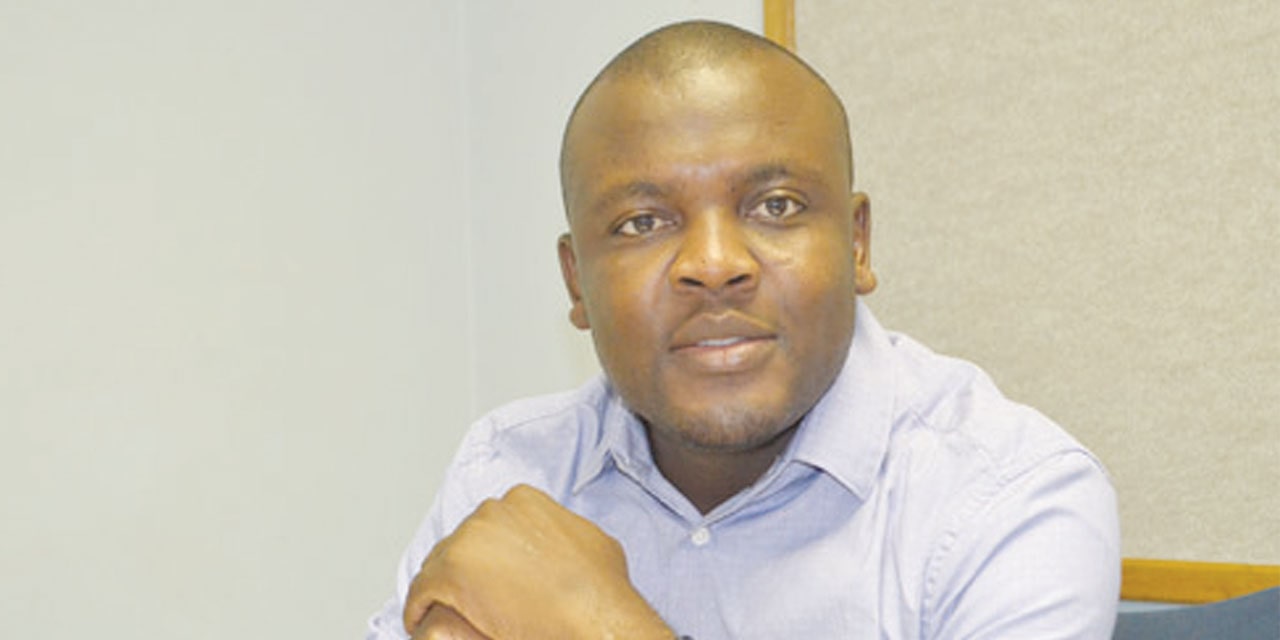Andrew Kathindi
The solidarity wealth tax which was proposed over two years ago by then Finance Minister Calle Schlettwein has been dropped due to lack of support, the Agriculture, Water and Land Minister has revealed.
In its place, a “proper” wealth tax was proposed before his change in portfolio; however that too was met with opposition and has since been put on the back burner due to COVID-19.
Finance Ministry spokesperson Tonateni Shidhudhu said the wealth tax has been set aside to focus on other options.
“The Wealth Tax and the Solidarity Tax were just ideas to augment the revenue of government. Studies were conducted but the matters were not yet taken up at policy level. The ideas are not completely discarded; it is not something that we are considering now. We need more time to do research,” the Finance spokesperson told Windhoek Observer.
He added, “For now, we are occupied with strategic issues of saving the economy amid COVID-19. We are also busy developing a framework for the establishment of the Sovereign Wealth Fund.”
As per the original Solidarity wealth tax proposal, which was introduced at the tabling of the 2018/2019 budget, low income earners would have seen their tax reduced from 18 percent to 17 percent, while a two percent increase would have been effected on the top bracket and a new tax bracket for income over N$2.5 million annually introduced at a tax rate of 40 percent.
“We introduced the idea, we were consulting, we had no legislative proposal on the table. We had suggested the solidarity tax as a form of wealth tax as a tool of distributing the tax burden in a way that those that have ability to pay – the richer – will pay in solidarity with the poor,” Schlettwein told Windhoek Observer.
He, however, said that the proposed tax was not supported. The non-support, according to the Minister, came from the informal sector and the middle class.
“The aim was to have tax burden distributed in a way that those that can afford to do something for the poor would cover the gap.”
“We had just looked into the different possibilities of wealth tax. We didn’t come into a situation where we could have a definite proposal. We looked at income tax on manufacturers. We looked at export taxes and other possibilities. These were also criticized by the private sector,” the Minister said.
Schlettwein said although he has moved on from the Finance ministry, he still stands by the principles of the solidarity wealth tax. “I still stand by it. Inequality in the country is so severe that if we don’t address it could harm the majority of our people. It needs to be addressed because it could cause conflict.”
This comes as current Finance Minister, Iipumbu Shiimi, in his 2020/2021 budget address stated that it was not the time to introduce new taxes.
The minister however stated that tax administration measures to achieve equity and fairness in the tax system by ensuring that economic agents generating the same level of income pay the right amount of tax at the right time as well as the measures to plug tax planning and tax avoidance opportunities will continue to be pursued.
“This means those who earn above the tax threshold (N$50,000) or more per year, must pay commensurate tax irrespective of the type of economic activity from which they derive their income. This money is needed to pay for medicines, school books, construction and maintenance of roads and other critical public goods and services that the public enjoys,” Shiimi said.




